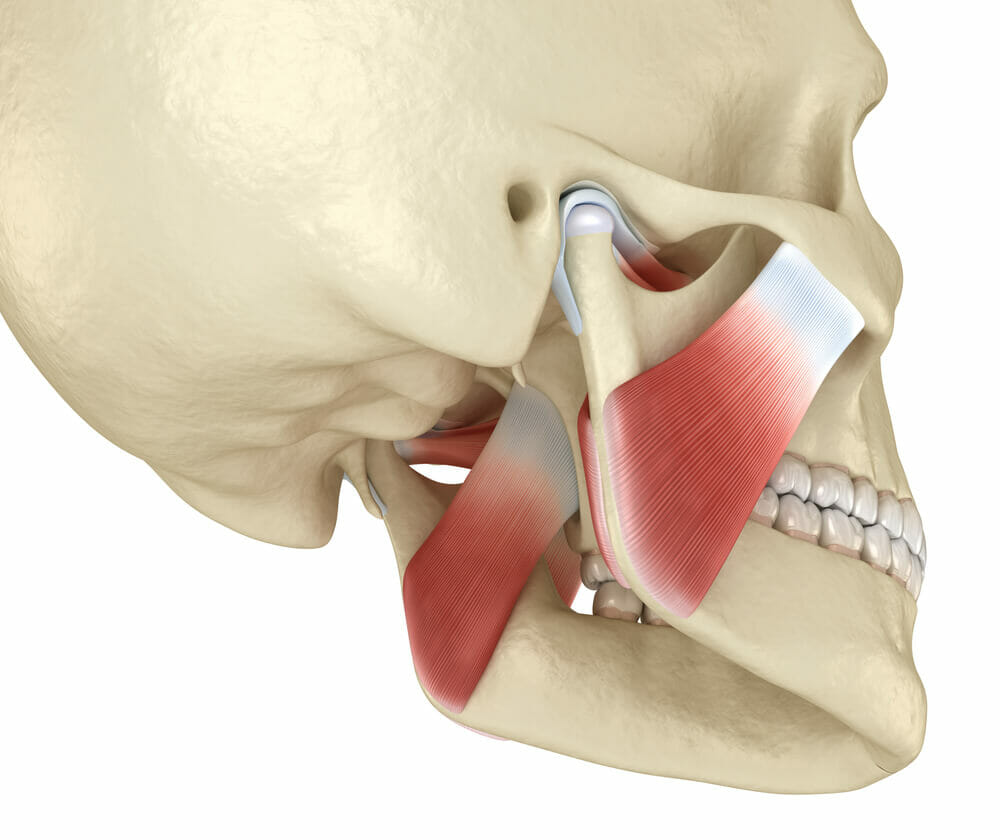Are you preparing for jaw revision surgery? Whether you’re undergoing this procedure for functional or aesthetic reasons, it’s essential to know what to expect during your recovery. This article aims to provide you with valuable insights into the recovery process after jaw revision surgery, offering tips and guidance to help speed up your healing.
During the initial days following your surgery, you may experience some discomfort and swelling. However, by closely following your surgeon’s post-operative instructions, you can minimize pain and accelerate your recovery. This article will walk you through what you can anticipate during the recovery period, including tips for managing pain, reducing swelling, and maintaining proper oral hygiene.
We understand that each individual’s experience may vary, but by adopting the right strategies, you can expect a smoother recovery journey. From dietary recommendations to recommended pain management techniques, we’ll guide you step by step, helping you return to your routine as quickly and comfortably as possible.
Get ready to take charge of your recovery after jaw revision surgery. Let’s make the healing process seamless and efficient, ensuring optimal results from your procedure.
Reasons for undergoing jaw revision surgery
Jaw revision surgery, also known as orthognathic surgery, is a procedure that aims to correct or improve the alignment of the jaw. There are several reasons why someone might need this surgery. Here are a few of the most common:
– Correcting a misaligned bite: If your upper and lower teeth don’t come together correctly, it can cause difficulty chewing, speaking, and even breathing. Jaw revision surgery can help realign your jaws, improving your bite and overall function.
– Improving facial symmetry: If one side of your face appears more prominent than the other due to jaw asymmetry, jaw revision surgery can help balance your facial features.
– Treating sleep apnea: If you have sleep apnea, a condition that causes breathing interruptions during sleep, jaw revision surgery may be recommended to widen the airway and improve breathing.
– Correcting a birth defect or injury: Jaw revision surgery can also be used to correct a congenital defect or injury that affects the jaw.
Preparing for jaw revision surgery
Before your jaw revision surgery, you’ll need to prepare yourself both mentally and physically. Here are some essential steps to take:
– Meet with your surgeon: It’s essential to meet with your surgeon beforehand to discuss your goals, expectations, and any questions or concerns you may have.
– Get a complete medical evaluation: Your surgeon will likely order a medical evaluation to ensure you’re healthy enough for surgery.
– Stop smoking: Smoking can delay healing and increase the risk of complications. It’s crucial to quit smoking before your surgery.
– Adjust your medications: Your surgeon may recommend adjusting your medications before surgery to minimize the risk of bleeding or other complications.
– Plan for post-operative care: You’ll need to arrange for someone to drive you home after surgery and assist with your care during the initial recovery period.
The jaw revision surgery procedure
The jaw revision surgery procedure typically involves making incisions in the jawbones and repositioning them to achieve the desired alignment. Your surgeon will use plates, screws, or wires to hold the bones in place while they heal. The procedure can take several hours and may require an overnight hospital stay.
After your surgery, you’ll need to rest for the remainder of the day and avoid any strenuous activity. You’ll also be instructed to keep your head elevated to reduce swelling.
Recovery process after jaw revision surgery
The recovery process after jaw revision surgery can vary from person to person. However, there are some general guidelines to follow to ensure a smooth and efficient recovery. Here are some essential steps to take:
Managing pain and discomfort post-surgery
It’s normal to experience some pain and discomfort after jaw revision surgery. Your surgeon will likely prescribe pain medication to manage your symptoms. Here are some additional tips for managing pain and discomfort:
– Apply ice packs: Applying ice packs to the affected area can help reduce swelling and alleviate pain.
– Avoid hot or spicy foods: Hot or spicy foods can irritate your mouth and delay healing.
– Rinse your mouth with saltwater: Rinsing your mouth with saltwater can help reduce inflammation and promote healing.
Diet and nutrition during the recovery period
It’s crucial to maintain proper nutrition during the recovery period to promote healing and minimize the risk of complications. Here are some dietary recommendations to follow:
– Stick to soft foods: Soft foods that are easy to chew and swallow, such as soup, yogurt, and mashed potatoes, are ideal during the initial recovery period.
– Avoid hard or crunchy foods: Hard or crunchy foods, such as nuts, popcorn, and chips, can irritate your mouth and delay healing.
– Stay hydrated: Drinking plenty of water and other fluids can help prevent dehydration and promote healing.
Physical activity and exercise recommendations
While it’s essential to rest during the initial recovery period, it’s also crucial to stay active to promote circulation and prevent blood clots. Here are some physical activity and exercise recommendations:
– Take short walks: Taking short walks around your home can help promote circulation and prevent blood clots.
– Avoid strenuous activity: Avoid any strenuous activity or heavy lifting for at least two weeks following your surgery.
– Follow your surgeon’s instructions: Your surgeon will provide you with specific instructions on when it’s safe to resume normal activities and exercise.
Follow-up appointments and post-operative care
It’s crucial to attend all follow-up appointments with your surgeon to ensure your recovery is progressing as expected. Your surgeon will monitor your healing and provide you with additional guidance on how to care for your mouth and jaws during the recovery period. Here are some essential post-operative care tips:
– Maintain proper oral hygiene: It’s essential to brush and floss your teeth gently and avoid brushing the surgical site until your surgeon gives you the go-ahead.
– Avoid smoking: Smoking can delay healing and increase the risk of complications.
– Wear any prescribed appliances: If your surgeon recommends wearing any appliances, such as rubber bands or a splint, it’s crucial to follow their instructions carefully.
Final thoughts and tips for a successful recovery
Recovering from jaw revision surgery can take time, but by following your surgeon’s instructions and adopting the right strategies, you can expect a smoother recovery journey. Here are some final tips for a successful recovery:
– Be patient: Healing takes time, and it’s essential to be patient and allow your body to recover at its own pace.
– Get plenty of rest: Getting enough rest is crucial for your body to heal properly.
– Communicate with your surgeon: If you have any questions or concerns during your recovery, don’t hesitate to reach out to your surgeon for guidance.
In conclusion, jaw revision surgery can be a life-changing procedure that can improve your function, appearance, and overall quality of life. By taking the right steps to prepare for surgery and following your surgeon’s instructions during the recovery period, you can expect a successful outcome. We hope this article has provided you with valuable insights into what to expect after jaw revision surgery and how to make the healing process seamless and efficient.






